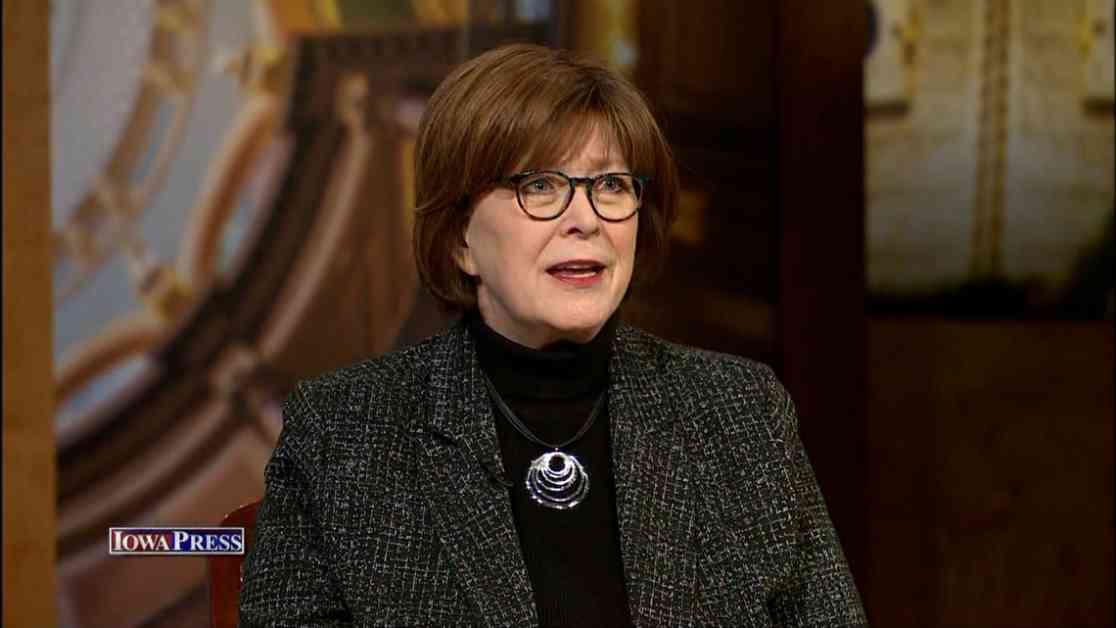Trump v. Selzer: Des Moines Register Case Shifted to Federal Court
In a dramatic turn of events, President Elect Donald Trump’s lawsuit against pollster J. Ann Selzer, the Des Moines Register, The Tribune, and Gannett is making its way to federal court. The case, which accuses Selzer and the newspaper of deliberately trying to sway the election, has garnered significant attention and speculation.
Expert Insight: University of Iowa Professor Weighs In
University of Iowa professor Samantha Barbas has shed light on the unique nature of this lawsuit. She expressed skepticism about the administration’s ability to prove intentional deception on the part of the Des Moines Register. According to Barbas, publishing inaccurate information, such as a poll, does not necessarily equate to intentional fraud.
Barbas further highlighted the complexity of the case, emphasizing the challenge of demonstrating intentional misconduct on the part of the newspaper. She questioned the applicability of defamation laws to inaccurate information published by a news outlet, underscoring the murky legal terrain in which this lawsuit operates.
Legal Maneuvers: From District to Federal Court
Gannett, the parent company of the Des Moines Register, has requested to transfer the lawsuit from district to federal court, a move that has been approved according to Iowa Courts documents. Barbas speculated on the motivation behind this decision, suggesting that the media defendants may anticipate a more sympathetic reception in federal court.
The uncertainty surrounding potential damages in the event of a Trump victory further complicates the case. Barbas pointed out the lack of reputational harm at stake, raising doubts about the basis for any court-awarded compensation. The legal intricacies and implications of this lawsuit continue to unfold, leaving many questions unanswered.
Key Allegations: The Impact of a “Stray Tweet”
One particularly intriguing aspect of the case revolves around a “stray tweet” that allegedly leaked the polls’ findings ahead of their official release. Trump’s attorney insinuated a deliberate attempt to disrupt the electoral process, linking the leaked information to a broader scheme to cause harm. The significance of this allegation remains to be fully explored as the lawsuit progresses.
In the midst of legal battles and public scrutiny, the unfolding story of Trump v. Selzer offers a glimpse into the intricate intersection of politics, media, and the law. As the case unfolds in federal court, the implications for press freedom, electoral integrity, and the broader legal landscape remain uncertain. With expert analysis and legal maneuvers shaping the narrative, the outcome of this high-profile lawsuit is poised to make waves in the political and legal realms.









